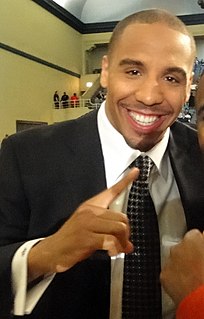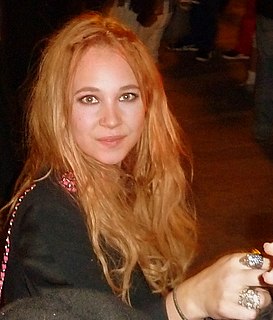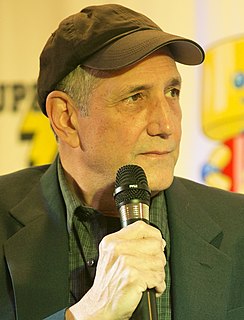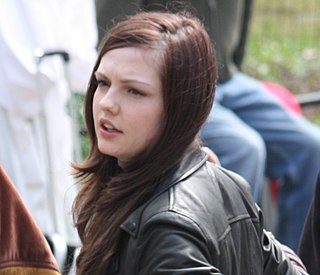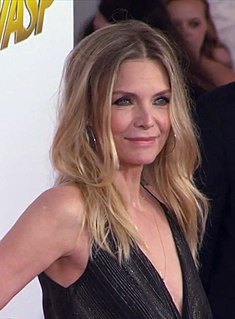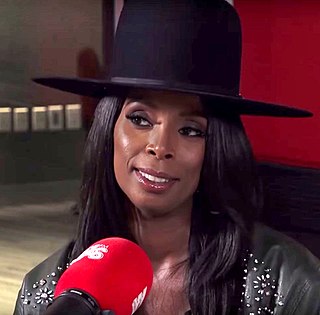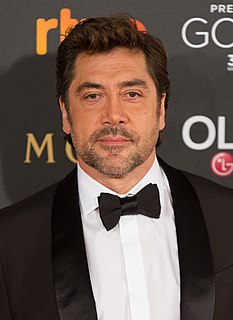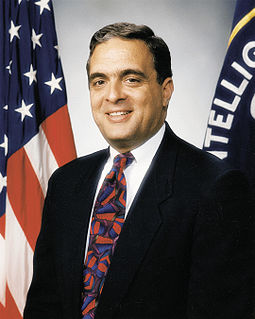A Quote by Miriam Shor
Everything feels so personal when you're an actor because you're so open and vulnerable, and you have to trust your director to guide you to where the storytelling needs to go.
Quote Topics
Related Quotes
Your actors need to trust you as a director, but normally, I think you just need to have an open communication between the actors and the director. I think the director needs to really paint his or her vision to the cast and let them know the kind of mood that he or she is making. I think that's very important.
Vulnerability is the only authentic state. Being vulnerable means being open, for wounding, but also for pleasure. Being open to the wounds of life means also being open to the bounty and beauty. Don't mask or deny your vulnerability: it is your greatest asset. Be vulnerable: quake and shake in your boots with it. The new goodness that is coming to you, in the form of people, situations, and things can only come to you when you are vulnerable, i.e. open.
You grow up loving movies, and your first instinct is you want to be an actor, because those are the people you see in the movies. But when you actually become an actor, you're like, 'Oh, wait, this is actually only a small portion of the storytelling. If I want to really tell a story, I'd want to be a director.'
If none of your role models provide the answer, then it is time to go within and ask yourself, "What would make me happy?" In other words, let your feelings guide you. This doesn't work well if you focus narrowly on your personal needs. I am not talking about selfishness or self-interest. When I ask, What will make you happy?, I mean, What way of loving others feels right for you? Choose a way of loving that makes you happy, and your efforts will be play rather than work.
As a director, I have to do everything. As an actor, I'm just worried about one role, that's it. As a director, everything is important. Everything is something you have to be very detailed and specific about in telling a story. So for me, the job is far greater than just being the actor, there's a lot more responsibility creatively, technically.
I don't think an actor needs to necessarily go through his things to do his job. I think it's way more important to imagine. And then, when you're imagining, your experiences, your images and your own personal things will show up, but you keep imagining. You don't get stuck in your own personal things, otherwise you are telling your story in every character, and that's not interesting for anybody.
With a director it's all about the work; I'd work with a great director over - you know, I'm not the kind of actor who that doesn't go, 'I want to play this role.' It's more like, 'I want to work with this director,' regardless of what the role is because if it's a good director, you'll probably find a good role because it's a decent film. But a mediocre director will always make a mediocre movie.
One of the many lessons I hope I've learned is how much I underestimated people, their open-mindedness and their willingness to understand. I think, moreover, I underestimated the degree to which everyone has a story. So my advice, for whatever it's worth, is to trust readers, trust the truth and trust the power of storytelling.



